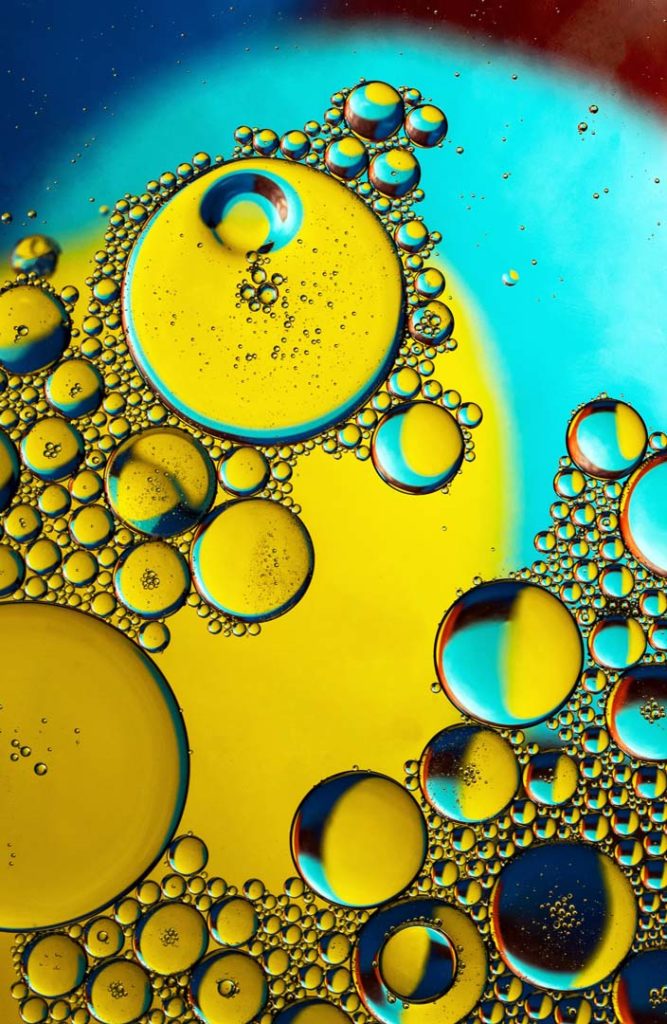Hydrogenation is the process of heating oil and passing hydrogen bubbles through it. The fatty acids in the oil then acquire some of the hydrogen, which makes them denser. If you fully hydrogenate oils, you create a solid (a fat) out of the oil.

But if you stop part way, you make semi-solid partially hydrogenated oil that has a consistency like butter. This process makes the “butter-like” substance a lot cheaper to produce and sell.
Because of the “butter-like” consistency, and because it is cheap to produce, it is a big favorite as a butter-substitute among “food” producers. This semi hydrogenation process of oil gives products a richer flavor and texture and doesn’t cost near as much as butter.
Note: After the 1970’s, food producers replaced the use of coconut oil to get that buttery flavor and texture with vegetable oil (most often soybean oil). This change in the use of oils set off an obesity epidemic in America because of the high levels of trans– fat in the process.
What’s Wrong with Hydrogenation?
Unlike butter or virgin coconut oil, hydrogenated oils contain high levels of trans– fats. Trans-fat is an otherwise normal fatty acid that has been “transmogrified”, by high-heat processing of a free oil. It is part-way between an oil and a full fat – something the body does not use and only encounters in nature in limited amounts. The fatty acids can be double-linked, cross-linked, bond-shifted, twisted, or changed in a variety of other ways.
The National Academy of Sciences (NAS) in their 2002 Dietary Reference Intakes for Energy, Carbohydrate, Fiber, Fat, Fatty Acids, Cholesterol, Protein, and Amino Acids contains their findings and recommendations regarding consumption of trans fat (summary).
Their recommendations are based on two key facts. First, “trans fatty acids are not essential and provide no known benefit to human health”, whether of animal or plant origin. Second, while both saturated and trans fats increase levels of LDL cholesterol (so-called bad cholesterol), trans fats also lower levels of HDL cholesterol (good cholesterol); thus increasing the risk of coronary heart disease.

The NAS is concerned “that dietary trans fatty acids are more deleterious with respect to coronary heart disease than saturated fatty acids”. This analysis is supported by a 2006 New England Journal of Medicine (NEJM) scientific review that states “from a nutritional standpoint, the consumption of trans fatty acids results in considerable potential harm but no apparent benefit.”
Because of these facts and concerns, the NAS has concluded there is no safe level of trans-fat consumption. There is no adequate level, recommended daily amount or tolerable upper limit for trans-fats. This is because any incremental increase in trans-fat intake increases the risk of coronary heart disease.
Other studies have linked trans-fats to a host of other diseases like:
- Alzheimer’s Disease
- Cancer
- Diabetes
- Obesity
- Liver Dysfunction
- Infertility on Women
- Major depressive disorders
©Copyright – Hector Sectzer

















